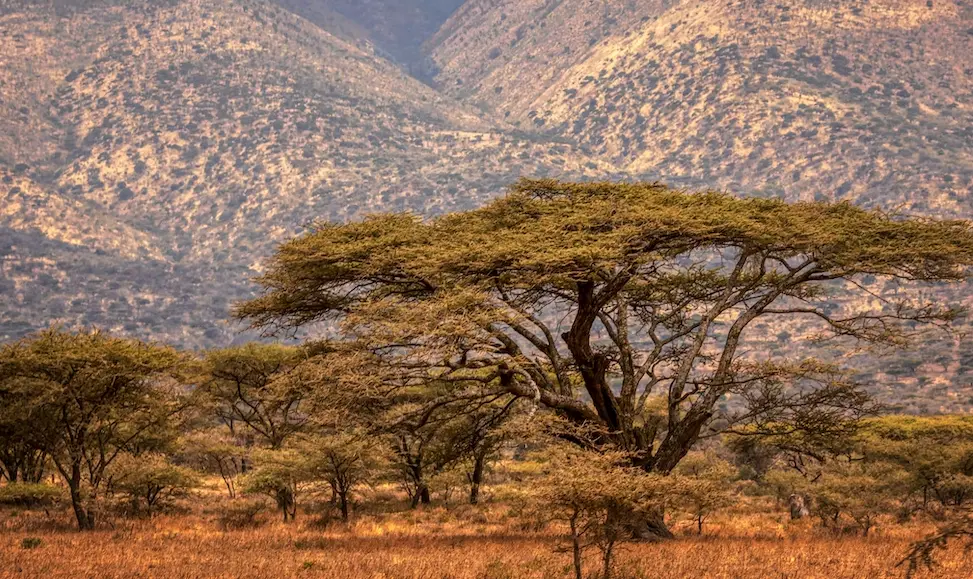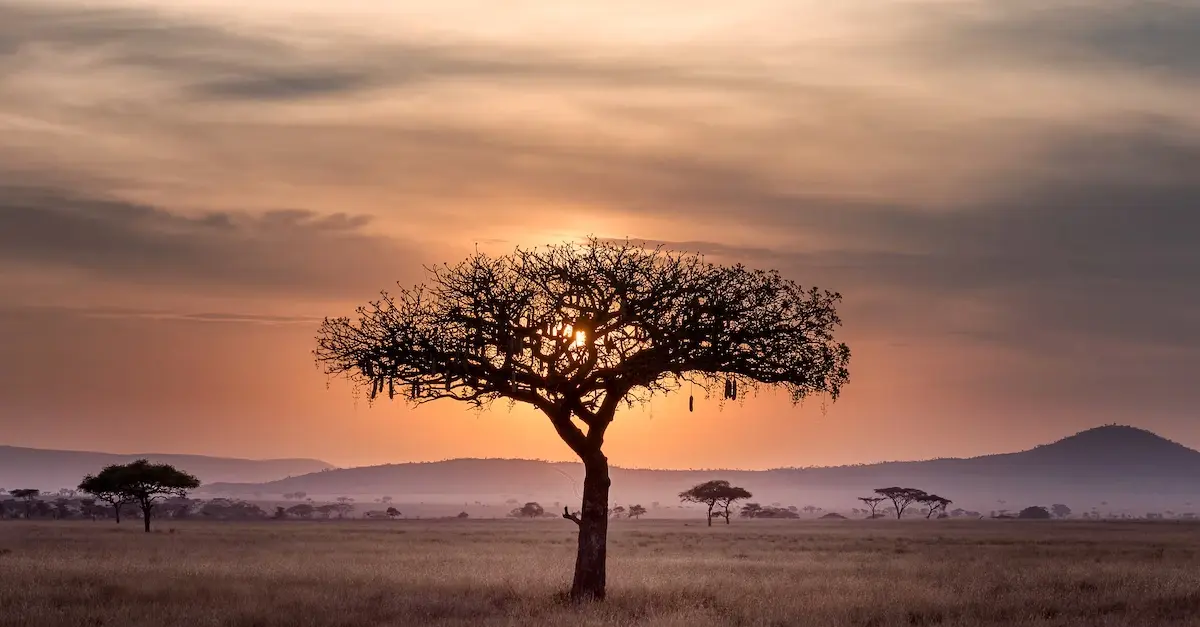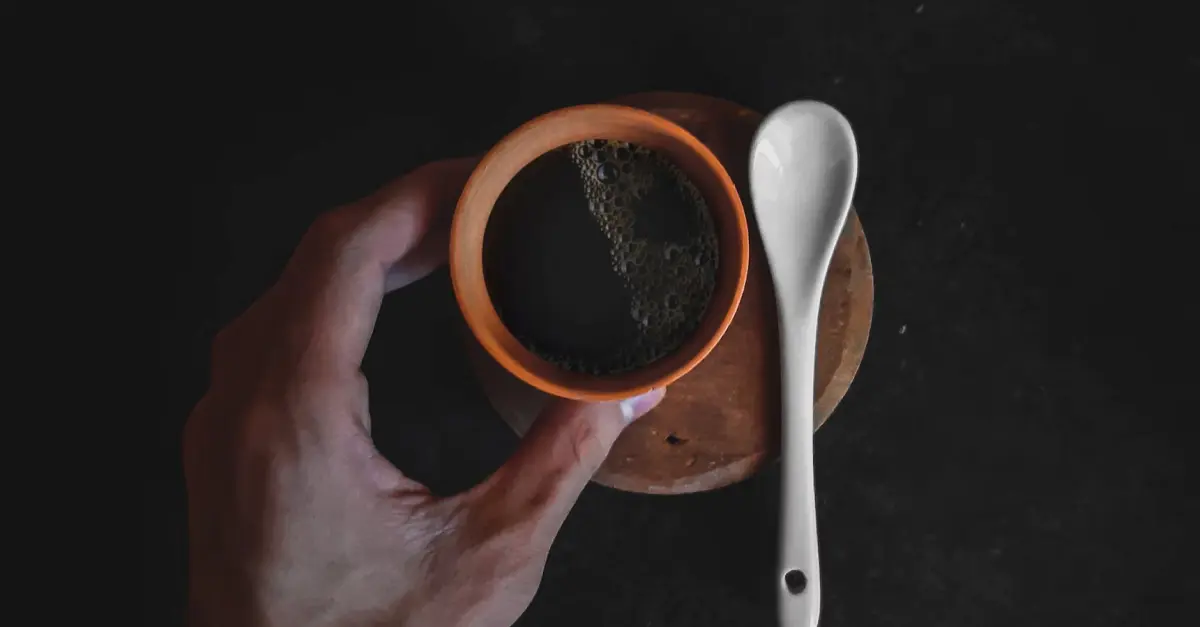Did you know that you can enhance your coffee-drinking experience? Well, you can do so by trying out the “champagne” of coffee beans. The rare Tanzanian peaberry coffee bean guarantees a stronger yet sweeter cup of coffee. But, this is not all that makes peaberry coffee incredible. So, check out these interesting reasons why you should try Tanzania peaberry coffee this year.
What Is Tanzania Peaberry Coffee?
Peaberry Coffee simply refers to a coffee bean with a single seed grown in Tanzania, whether from Arabica or robusta coffee trees. Regular coffee typically develops two seeds that split. When you pop the bean open, you will usually find seeds on either side of the bean.
Now, a peaberry coffee bean only has a single whole seed. This rare coffee bean only makes up for 5 to 10% of the coffee beans grown in the world, making it pretty unique. But, don’t confuse the single seed with compromised coffee flavor.
In fact, the anatomy of peaberry coffee beans is what gives them high caffeine content while still retaining the optimal sweetness. Various regions in the world grow these beans. However, the best peaberry coffee is grown in Tanzania, Kenya, Rwanda, Jamaica, Brazil, and Kona, Hawaii.

Reasons To Try Tanzanian Peaberry Coffee
Unique Growing Conditions
Peaberry coffee from Tanzania is primarily cultivated from the Arabica coffee variety from the Northern Tanzania region of Kilimanjaro. Some peaberry coffee bean varieties also come from the southwestern region of Mbeya.
Now, these two regions are both highland regions with a higher altitude which impacts the flavors. In particular, the coffee from the Kilimanjaro region is usually grown on the foothills of the highest mountain in Africa, Mt. Kilimanjaro.
The enriched soil on this dormant volcanic mountain boosts the flavors of the coffee bean even further. As a result, you get deep and rich flavor notes with decadent hints of black currant and chocolate. On the other hand, peaberry coffee from Mbeya develops a full-bodied, yet, smooth taste with characteristic fruity notes and mild acidity.
Stronger Caffeine Content
Compared to two-seed coffee beans and peaberry beans from other regions, Tanzanian peaberry coffee beans offer higher caffeine content. A 2006 study by Barry D. Smith et alreports that Tanzanian peaberry coffee contains nearly 15% more caffeine than regular two-seed coffee beans.
On the other hand, coffee.org, reports that Tanzania peaberry coffee contains nearly one and a half percent of caffeine while other coffee varieties (including peaberry from other regions) contain between 1% and 1.37% caffeine. Nonetheless, whether grown in Kilimanjaro or Mbeya, Tanzanian peaberry coffee taste is more flavorful, sweet, and lighter.





